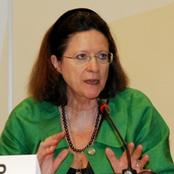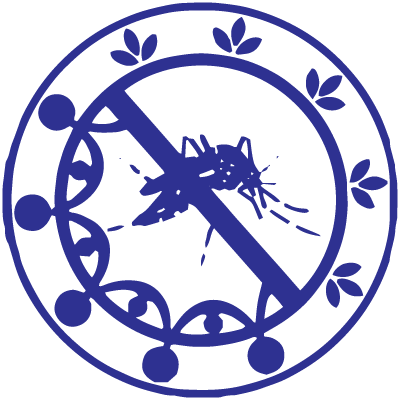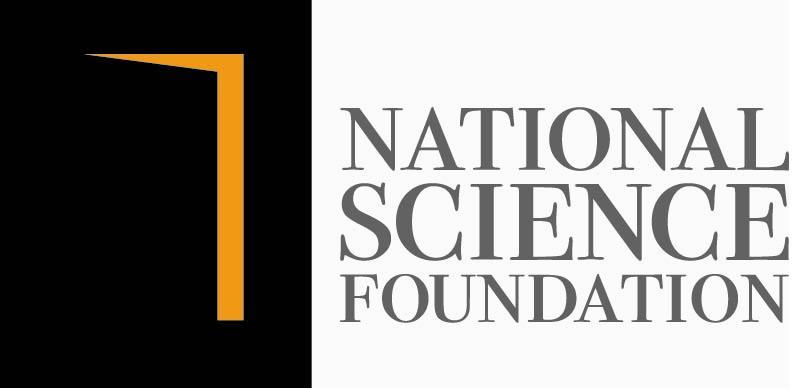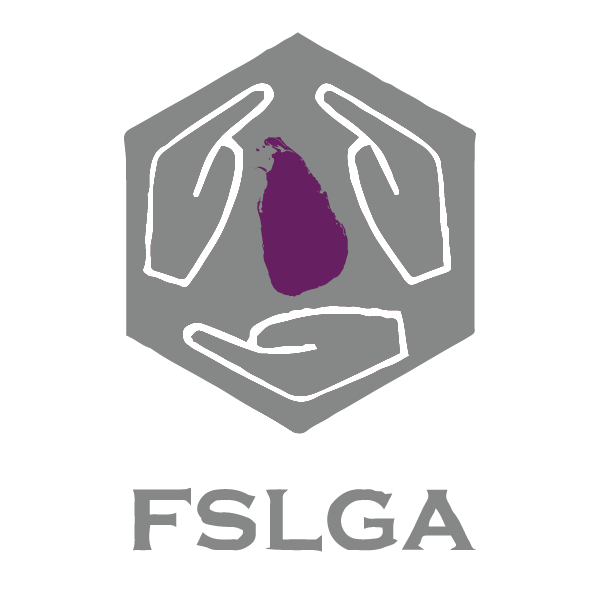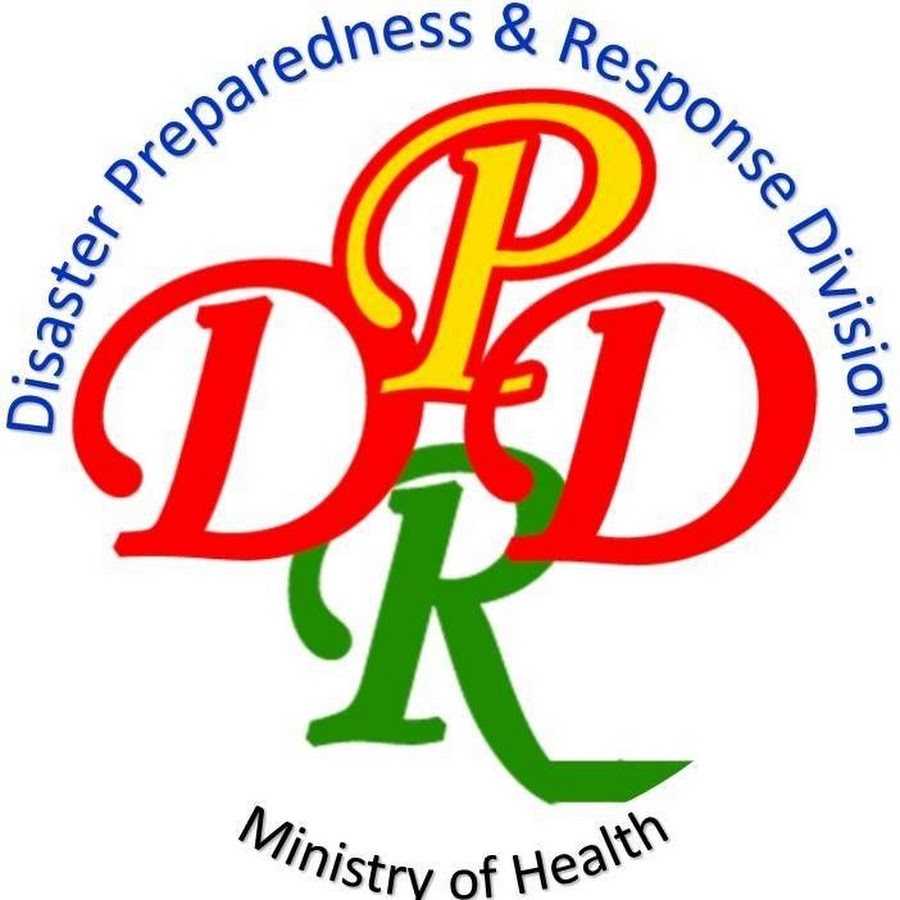Many countries now recognise the need for improved pandemic preparedness. The impact of COVID-19 pandemic has affected more the disadvantaged groups, including people in poverty making them poorer and thus going far beyond the health sector. COVID-19 has overwhelmed health systems and caused widespread social & economic disruption affecting the tourism, agriculture, garment and service sectors. Current COVID-19 measures have also exposed gaps in disaster risk reduction strategies, which have failed to address pandemics and other biological hazards.
Dengue is one of the communicable diseases that incur high disease burden in tropical countries and with incept of COVID 19 pandemic the control of dengue has become more challenging. These challenges include co-existence of both these diseases with similar clinical features at early stages, hesitancies among public to seek medical care due to fear in contracting COVID 19, barriers in premise inspection and source reduction campaigns due to resistance from the public again due to fear in contracting COVID 19. Moreover, resulting floods and landslides may further facilitate transmission of dengue requiring more emphasis on environment modifications coming into place to mitigate the aftermath of these multi hazard scenarios.
There are also opportunities for pandemic preparedness and response to make better use of the existing infrastructure, including other hazards’ early warning protocols and addressing these will require the integration of pandemics into a multi-hazard scenario. It will also necessitate a multi-stakeholder approach to collectively examine impacts, coordinate fiscal, monetary, and social measures, share practices and to learn lessons.
In addition, this current pandemic has taught us more the importance of risk communication sometimes using the digital health technology. Within this backdrop, we plan to address risk communication strategies incorporating innovations as well to gather more recent evidence on this aspect.

